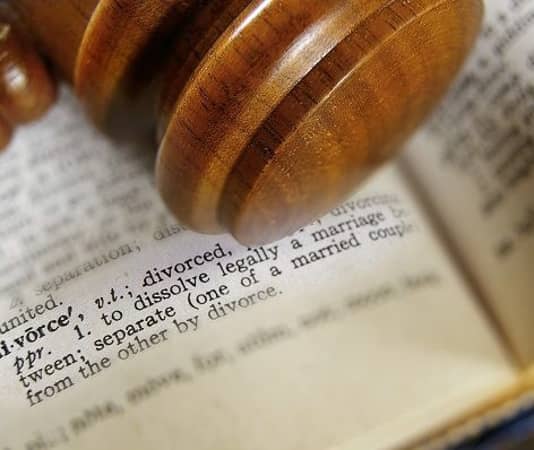Will Failure to Pay Support Impact a Child Custody Decision?

At the conclusion of any divorce involving children or a stand-alone child custody case, the court will enter an order. This order will outline the rights and responsibilities of both parents, including custody, visitation, decision-making authority, and child support. It is not uncommon for one or both parents to start falling short of his or her responsibilities under this order, especially in the area of child support.
In those cases where one parent falls behind on his or her support obligation, a widespread misconception seems to be that the custodial parent then has the right or ability to somehow curtail the paying parent’s visitation until the obligation is brought up-to-date. This is far from the truth. Each parent’s responsibilities under a child custody order are stand-alone responsibilities. That is to say, the paying parent’s right to exercise visitation is in no way tied to his or her responsibility to pay support. Likewise, the parent receiving support has the responsibility to make the child available for court-ordered visitation regardless of whether the paying parent has actually fulfilled his or her support obligation. If the parent paying support is not paying according to the order, then the proper avenue is for the receiving parent to seek help from the court, often in the form of a motion for contempt or similar pleading.
Failure to pay support can possibly be used in other ways, however. The court will make its custody and visitation order based on what is in the best interest of the child. The ability to pay support or history of meeting obligations for support under a court order are not factors to be considered. However, the stability of the home is a factor. If a custodial parent can show that the paying parent is so financially unstable as to make the home unstable (i.e. unreliable utilities, evictions, etc.), then that will weigh in the court’s decision. However, the situation has to be so severe that it significantly impacts the ability of the parent to provide a safe home environment for the children. Parents, even those who are financially disadvantaged, still have parental rights. Note, however, that it is not the failure to pay child support that matters here, but rather the parent’s inability to meet all financial obligations. Moreover, although abandonment is a ground for involuntary termination of parental rights in New Jersey, a court is unlikely to consider a parent’s failure to pay support as abandonment, without evidence of additional transgressions against the child.
Child support and child custody interact in a complex way, and you need an experienced attorney to help you understand the process. with you and talk about options for your child and your future. Call us today at (732) 529-6937 for an appointment.
